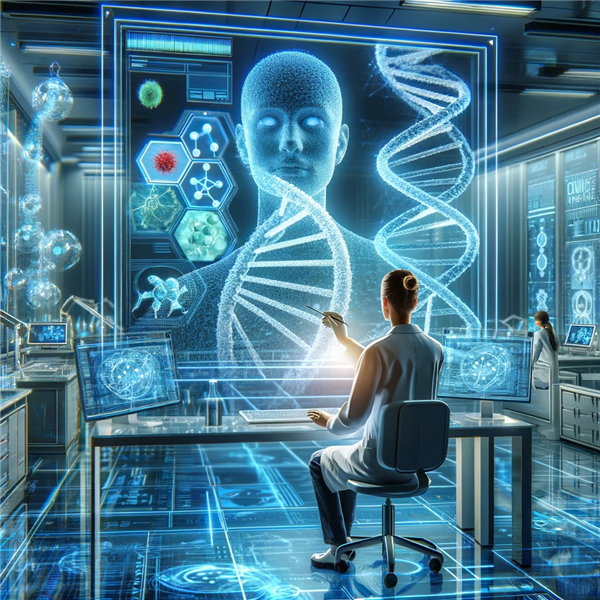Unable to find what you're searching for?
We're here to help you find it
The advent of language models like ChatGPT has brought about a revolutionary change in the way industries operate. One such industry that stands to benefit immensely from these advancements is biotechnology. The potential of ChatGPT for biotech professionals is enormous, and in this post, we will delve into the future prospects of this exciting intersection of technology and biotech.
Developed by OpenAI, ChatGPT is an AI language model that uses machine learning algorithms to generate human-like text based on the input provided. It can understand context, answer queries, and even write essays or reports. For biotech professionals, this tool can transform how they conduct research, analyze data, and communicate their findings.
The primary impact of ChatGPT in biotech could be in research. With its ability to understand and generate human-like text, it can help in the following ways:
Effective communication is crucial in the biotech industry. Whether it's explaining complex biological processes to a non-technical audience or presenting research findings to stakeholders, clear and concise communication is key. Here, ChatGPT can be instrumental by:
With further advancements in AI and machine learning, the role of ChatGPT is set to expand even more. It could potentially be used to predict future trends in biotech, create virtual teaching assistants for biotech education, and even assist in developing new biotech products or therapies.
In this rapidly changing landscape, it's crucial for biotech professionals to stay updated with the latest technological advancements. This is where Koenig Solutions comes into the picture. They offer a comprehensive course on ChatGPT for biotech professionals, providing them with the necessary skills and knowledge to leverage this powerful tool in their work.

Avni Singh has a PhD in Machine Learning and is an Artificial Intelligence developer, researcher, practitioner, and educator as well as an Open Source Software developer, with over 7 years in the industry.










